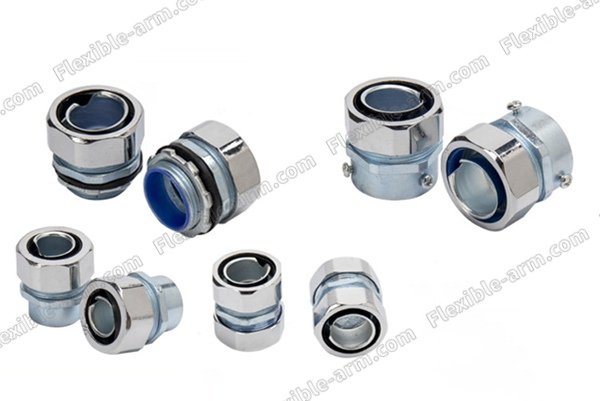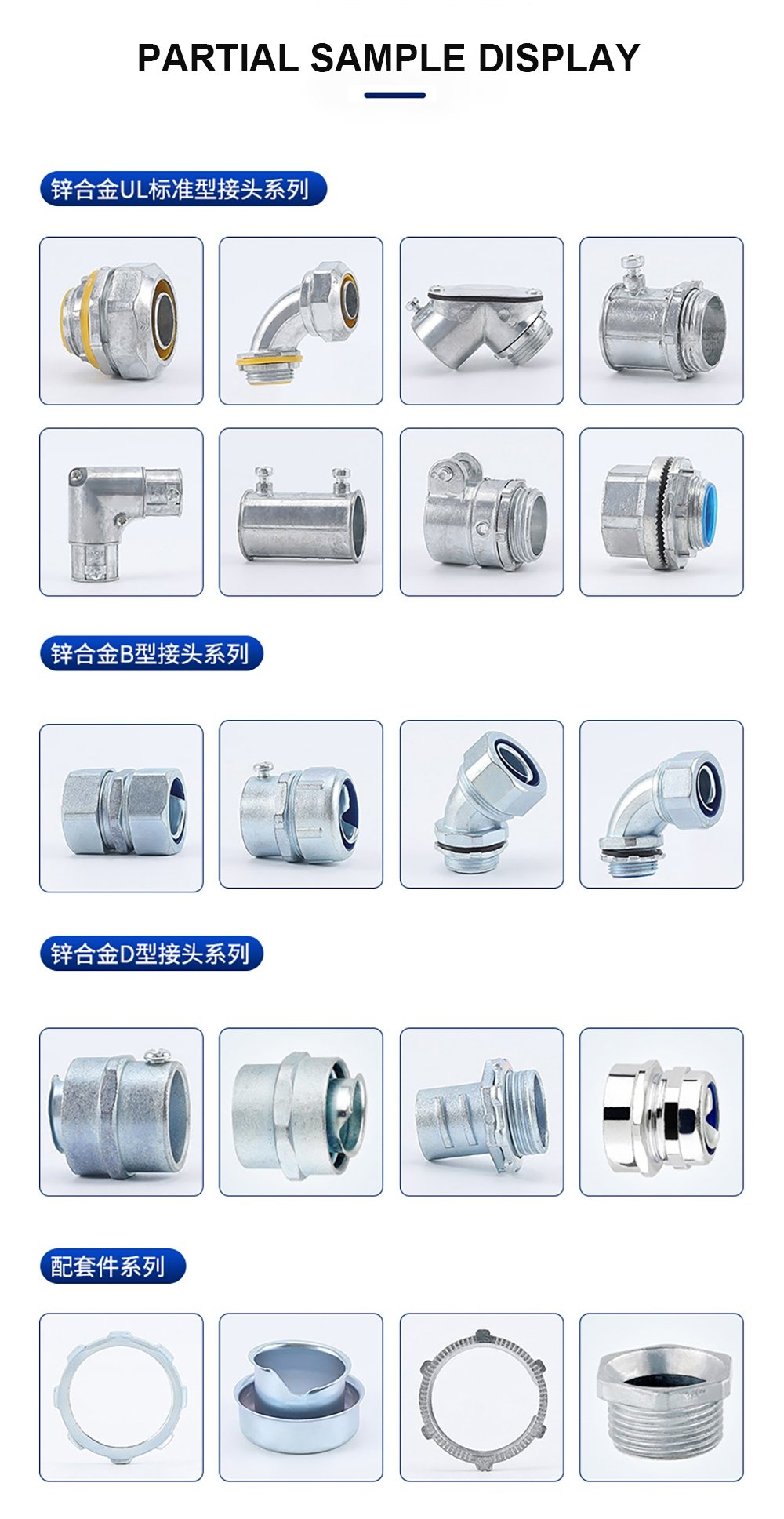
When it comes to protecting electrical wiring in demanding environments, rigid conduit connectors are the gold standard. These heavy-duty fittings ensure a secure, long-lasting connection for rigid metal conduit (RMC), offering superior mechanical protection and grounding. Whether you're working in industrial plants, commercial buildings, or hazardous locations, choosing the right RMC connector is essential for safety and compliance.
This in-depth guide explores the types, benefits, and applications of rigid electrical conduit couplings, helping you select the best solution for your project.
A rigid conduit connector is a specialized fitting designed to join sections of rigid metal conduit (RMC) securely. These connectors provide:
Common types include threaded conduit connectors, compression fittings, and galvanized rigid conduit fittings, each suited for different installation needs.
✔ Superior Durability – Made from heavy-duty steel or galvanized metal for long-lasting performance.
✔ Enhanced Safety – Provides excellent grounding and reduces fire/electrical hazards.
✔ Weatherproof & Corrosion-Resistant – Galvanized rigid conduit fittings withstand moisture, chemicals, and extreme temperatures.
✔ Code Compliance – Meets NEC (National Electrical Code) and OSHA standards.
✔ Versatility – Works with RMC, IMC (Intermediate Metal Conduit), and PVC-coated conduits.
When selecting an RMC connector, consider:
🔹 Material – Steel, galvanized steel, or stainless steel for corrosion resistance.
🔹 Thread Type – NPT (National Pipe Thread) for standard applications.
🔹 Certifications – UL-listed, explosion-proof, or NEMA-rated for compliance.
🔹 Environmental Conditions – Indoor, outdoor, wet, or hazardous locations.
| Feature | Rigid Conduit Connector | Flexible Conduit Connector |
|---|---|---|
| Durability | Extremely high impact resistance | Moderate flexibility, less crush-proof |
| Installation | Requires threading/compression | Easier to bend and route |
| Best For | Industrial, hazardous, outdoor | Machinery, tight spaces, vibration areas |
Whether you need a threaded conduit connector for a commercial building or an explosion-proof rigid conduit fitting for a refinery, selecting the right RMC connector ensures safety, durability, and compliance. By understanding the different types—galvanized rigid conduit fittings, compression connectors, and UL-listed options—you can make an informed choice for any electrical installation.
For maximum protection in harsh environments, rigid conduit connectors remain the most reliable solution. Invest in high-quality fittings today to prevent costly failures tomorrow.


